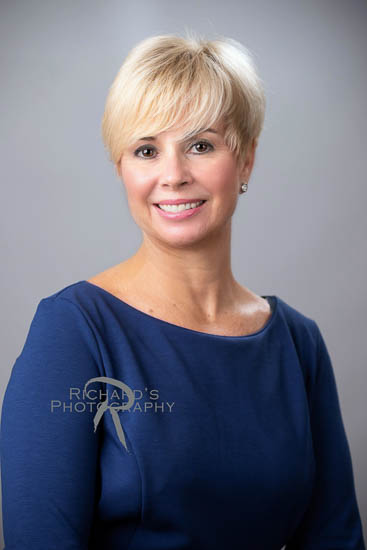Photography 101: What Every Beginner Should Know

Introduction to Photography for Starters
It expresses vision through images.
Knowing Your Equipment
The journey begins with your camera.
Whether you shoot with a compact point-and-shoot, the fundamentals of light and composition remain the same.
Spend time changing lenses or focal lengths. Comfort with the device reduces frustration.
Why Photos Depend on Light
Good lighting separates average photos from great ones.
Golden hour glow is easiest for beginners.
Studio strobes let you shape mood.
Softness or hardness influence storytelling.
Composition Basics
The way you place subjects matters as much as the subject itself.
Foreground interest add depth.
Shoot through reflections. Creative choices make images memorable.
The Role of Repetition
No one becomes skilled instantly.
Take photos of ordinary scenes. Repetition builds instinct.
Overexposed frames prepare you for improvement.
Improving Photos After Shooting
Post-processing completes the creative process.
Even free editors sharpen details.
Editing should support the story.
The Value of Showing Images
Feedback helps you grow.
Photo forums give exposure.
Printing images keeps motivation high.
Finding Style
Over time, photographers develop style.
Switch between color and black-and-white. Each teaches something.
Your style may evolve, and that keeps photography exciting.
Lessons for New Photographers
Shooting everything centered are common issues.
Buying too much gear instead of learning skills creates frustration.
Regular review of mistakes keeps growth steady.
Quick Pointers
- Carry an extra memory card.
- JPEGs are fine but less forgiving.
- Smudges ruin sharpness.
- Auto is easy but manual builds skill.
- Learn by observing composition and light.
Helpful Answers
Q: Do I need an expensive camera?
A: No, check here skill matters more than gear.
Q: How long until I improve?
A: Daily shooting builds skill faster.
Q: Is editing cheating?
A: Post-processing refines what the camera captures.
Q: Should I always follow rules?
A: Balance structure with experimentation.
Closing Words
Photography is not a race but a lifelong pursuit.
Challenge yourself often. With time and patience, you’ll grow as an artist.
Whether as a hobby or a profession, momentum creates growth.
Understanding Photographers
A photographer is more than a person with a camera.
Artists with cameras seek to improve their craft.
Photographers cover diverse genres, such as photojournalism. Each requires different techniques.
Great photographers practice constantly.
Tools of the Trade
Gear is not everything, but it matters.
Cameras
Mirrorless systems serve different purposes.
Point-and-shoots are simple and accessible.
Lenses
Lenses control perspective and depth.
- Telephoto lenses bring distant subjects closer.
Experimenting with focal lengths teaches photographers versatility.
Tripods and Stability
They help landscape and night photographers.
Lighting Equipment
Speedlights add portable control.
Small Gear With Big Impact
- Cleaning kits make sure you’re always ready.
- Backpacks help photographers stay mobile and organized.
- Remote shutters let you try new perspectives.
How Much Gear Really Matters
Gear supports creativity, but talent drives results.
Learning exposure, composition, and light is more important than chasing new models.
Growth and Mindset
Growth comes from practice, mistakes, read more and curiosity.
Joining photo communities keep learning fresh.
Technology and Photographers
Technology is changing tools, but vision stays the same.
Artificial intelligence expand what photographers can do.
Still, the essence remains: capturing light, telling stories, and expressing ideas.
Closing on Gear and Photographers
Photographers and their gear are inseparable.
Whether you are just beginning or a seasoned pro, the journey of photography is endless.